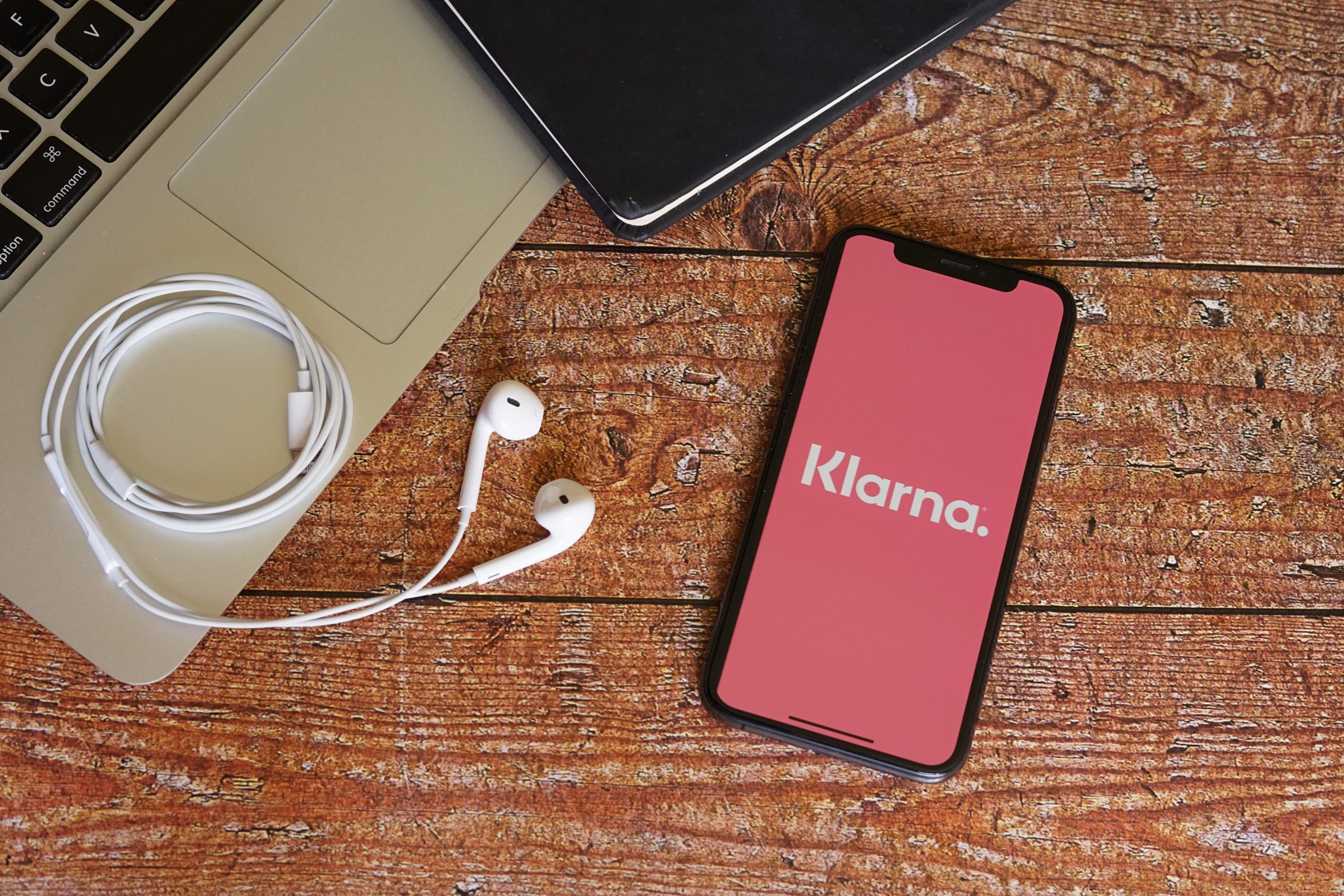Credit Cards & Loans
Klarna to start charging late payment fees

Klarna is to introduce a late payment fee in mid-March to “guide positive financial habits for customers”, with these sums used to help borrowers who have fallen behind.
The buy now, pay later firm will start charging shoppers a £5 late payment fee from 16 March 2023.
It said due to its “robust credit checks”, over 99% of people pay back their loans. But it wants to “drive the already low level of missed payments to zero”.
The move will also bring the Klarna UK business in line with its overseas operations where it already charges a fee in most countries.
Klarna said in the Netherlands and Belgium, late fees have improved on-time payments by 20%.
Meanwhile, it cited a YouGov survey which revealed 75% of British customers said they were more likely to pay on time if there was a late fee.
Klarna late payment fees in detail
Klarna confirmed a £5 fee will be charged for late payments following a seven-day grace period, and a minimum of four “friendly reminders” have been sent.
It said each fee is capped at 25% of the order value and there will be no more than two fees per order.
However, for customers who take a financial awareness test (‘Never Forget’ test) in the app within the first six weeks from when the fees are introduced (27 April) they will have their late fee waived.
To help customers stay on top of the changes, it will launch ‘Autopay’ on Pay in 30 days so shoppers can set payments to be automatically taken from their account.
Further, it added that fees collected will be used to fund the ‘Klarna Customer Recovery Programme’ to help those who are in arrears. Klarna said under this programme, it will offer to waive 50% of the balance owed by customers who have fallen behind on their payments instead of getting debt collection agencies involved.
Borrowers will be blocked from making additional purchases until they have paid 50% of the overdue value. “At which point Klarna will consider the debt closed and no further action will be taken,” it said.
‘Major shift for Klarna’
According to Sara Williams, personal finance expert and founder of Debt Camel, this is a major shift for Klarna, which will charge slightly less than competitors Clearpay and Laybuy (£6).
Williams said the move will actually be a “double win” for Klarna in terms of fewer late payments and more purchases.
She said in her blog post on Klarna: “Klarna isn’t just used for big purchases or fast fashion. The Klarna card can be used at any shop that takes Visa payments, including supermarkets.
“Some Klarna customers may stretch to make a payment on time and avoid a fee. If this leaves them too short of money, in the next few weeks they may end up using Klarna again not for something nice to have, but for essentials.”
Williams cited Citizens Advice research which found that more than 40% of buy now, pay later customers have borrowed money to repay these sums, turning to credit cards or their overdraft.
“And that rises to over half the customers aged 18-34 – a group that has been badly hit by cost-of-living increases.
“If Klarna’s new late fees mean more people do this, then that’s good for Klarna and not good at all for its customers,” Williams added.
‘No fees drives the wrong behaviour’
Alex Marsh, head of Klarna UK, said: “Not charging fees feels customer-friendly, but we’re worried it drives the wrong behaviour and our data now shows that a total absence of late fees actually leads to less favorable outcomes for customers: with less reason to pay on time, customers are more likely to fall behind. It’s like a city with no parking tickets; it sounds great, but in practice turns out to not be so great.
“We’ve concluded that having no fees is not in the best interest of our customers, but we don’t want to rely on fees or charge extortionate amounts like traditional banks who monetise the misery of customers who fall behind. After all, if everyone paid their credit card bill on time, the card companies would go out of business.”
More regulation for BNPL
James Daley, managing director at Fairer Finance, said: “We are pleased that Klarna has introduced late fees, as we have previously recommended to them. Used responsibly, late fees provide an important deterrent as well as a reminder that buy now, pay later is a form of credit and needs to be taken seriously as a loan. It’s of course important that late fees are fair and reasonable, and don’t become an income stream for credit providers, and it’s encouraging to see that Klarna intends to provide additional support for those who fall behind.”
Earlier this month, the Government set out proposals to regulate the buy now, pay later sector as it looks to protect 10 million customers who use the “quick and easy” forms of credit.